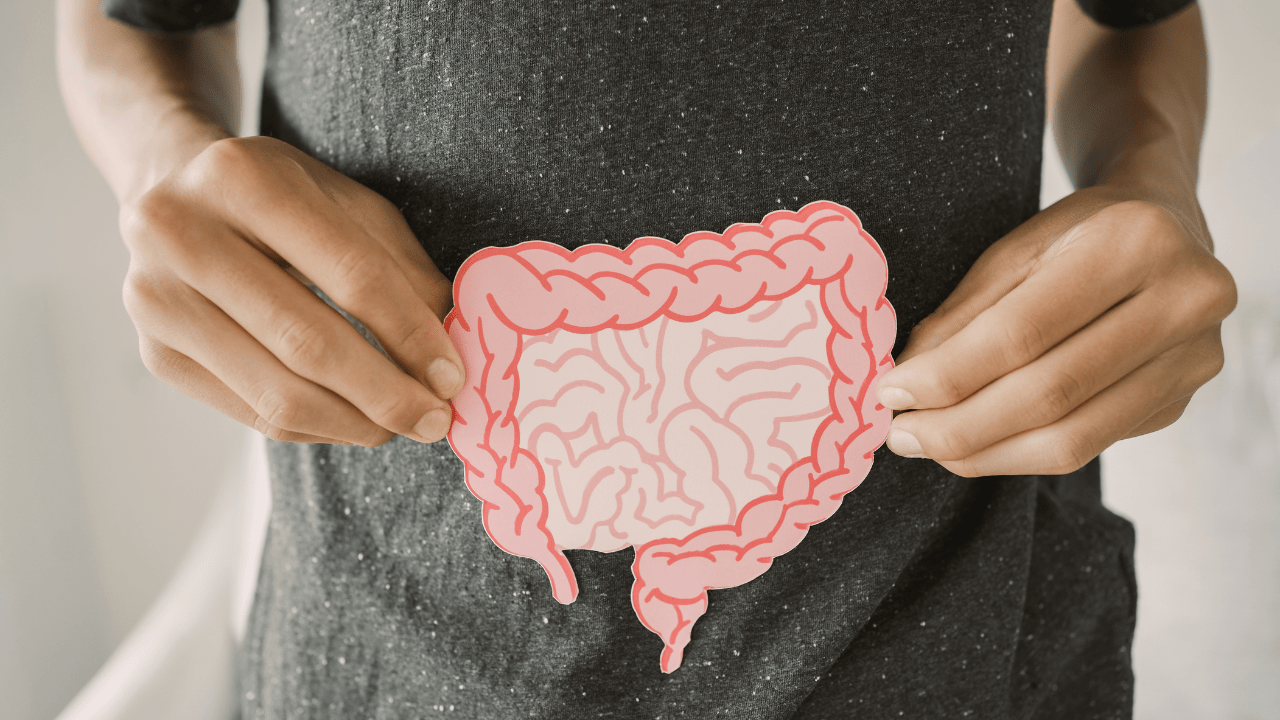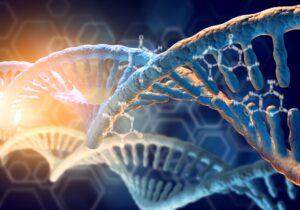Link between Estrogen and the Microbiome
by Vanita Dahia
The immune integrity of the gut mucosa is crucial to metabolic health of a woman especially as she goes through hormonal changes.
Estrogens influence the microbiome to regulate weight gain and lipid or fat deposition.
Estrogens fluctuate throughout a woman’s cycle and particularly during PMS, menopause and in complex women’s health conditions like endometriosis, PCOS, fibroids and hyperplasia of the breast or uterus.
Estrogen, in proper amounts, is also recognized as a key element in preserving metabolic health, by keeping weight down, reducing abdominal fat and improving glucose tolerance.
Maintaining a delicate balance in the diversity of the gut microbiome is crucial for disease prevention, hormonal balance and healthy ageing.
The Value of a Healthy Microbiome
The good bugs or symbionts in the gastrointestinal tract are essential to:
- help break down complex carbohydrates for our food source of energy
- maintain the immune system
- manufacture hormones and neurotransmitters like serotonin and GABA
- produce vitamins and minerals
- aid in digestion and absorption
- ferment dietary fibres
- protect us against pathogens
The microbiome project has elucidated the many roles of the microbiome in all aspects of health.
A healthy gut barrier system provides all the constructs of extracting good calorie nutrients for uptake into the body and subsequent manufacture of ATP in the mitochondria.
Changes in the gut microbiota influence the gut physiology and drastically raises inflammation markers to set the stage for a host of physiological and metabolic disorders like:
- fat deposition and weight gain
- low-grade inflammation which leads to food allergies and intolerances
- metabolic disorders which leads to cardiovascular disease, pain and inflammation
- excess lipid accumulation which when compounded with estrogen imbalance, leads to fat in the belly, hips and back typically seen in menopause
- loss of insulin sensitivity which leads to glucose intolerance, the “sugar fix” and diabetes
Check your Estrogen status and Gut function with:
How does Estrogen influence the Microbiome?
A healthy and diverse microbiome ensures that the gut barrier maintains its integrity.
So does estrogen!
There is one layer of cells that separate the gut from the blood and organ systems. It is very important to ensure that large molecules like food particles, digestive enzymes, toxins, cytokines, etc. stay where they ought to stay inside the gut for processing before the good nutrients get absorbed preferentially via an intact gut wall to go on and healthily feed to organs and produce energy.
Estrogen is directly involved in promoting the growth and proliferation of beneficial bacteria.(1)
Estrogen is needed to help form the epithelial layer of the gut and keep it healthy, elastic and prevent leaky gut. Any changes to the gut wall can be detrimental to gut health and may influence allergies to food due to activation of B- and T-cells involved in inflammation and permeability of the gut.
In a study, Benedek and his team showed that animals treated with estrogen have higher microbial diversity than controls. (2)
A dysbiotic gut can preferentially turn on genes and inappropriately activate pathways involved in sugar and carbohydrate metabolism in overweight people. Gut microbiome dysbiosis might be the primary factor involved in the progression of obesity and type 2 diabetes during high fat/calorie diets.
The gut microbiota regulates estrogens through secretion of a liver enzyme, β-glucuronidase that deconjugates estrogens into their active forms.
Estrogens dampen Inflammation
Estrogen assist in decreasing the bad bugs or pathogenic microbes and reduces lipopolysaccharide (LPS) -induced inflammation. LPS, produced by Gram-negative bacteria, can impair the lining of the gut, cross into the rest of the body and elicit a strong immune response.
Estrogens inhibit the gut cell lining conversion toward a reactive genetic phenotype and hinders the LPS-induced production of inflammation. Estrogens therefore protect against the rise of inflammatory mediators like NO and iNOS, PGE2, and MMP-9.(3)
Estrogen and the Microbiome in Menopause
A lack of estrogen together with poor digestion and an impaired gut microbiome are major drivers of metabolic issues in menopause.
It is crucial to balance the hormones and optimise gut microbial ecology to maintain the gut-hormone homeostasis especially during menopause when hormone levels fluctuate and dysbiosis may be suspected.
Modulating the gut microbiome to subsequently impact estrogen levels provides an exciting future therapeutic application.
Educational Webinar
In this webinar, you will learn:
- How important estrogens are in the body
- Types and roles of estrogens
- Measuring estrogen and its metabolites
- An in-depth understanding of estrogen metabolites
- Balancing estrogens with naturally and with bio-identical hormones
References
- Chen KL, Madak-Erdogan Z: Estrogen and Microbiota Crosstalk: Should We Pay Attention? Trends Endocrinol Metab 2016;27:752-755.
- Benedek G, Zhang J, Nguyen H, Kent G, Seifert HA, Davin S, Stauffer P, Vandenbark AA, Karstens L, Asquith M, Offner H: Estrogen protection against EAE modulates the microbiota and mucosal-associated regulatory cells. J Neuroimmunol 2017;310:51-59.
- Vegeto E, Bonincontro C, Pollio G, et al. Estrogen prevents the lipopolysaccharide-induced inflammatory response in microglia. J Neurosci. 2001;21(6):1809-1818. doi:10.1523/JNEUROSCI.21-06-01809.2001




